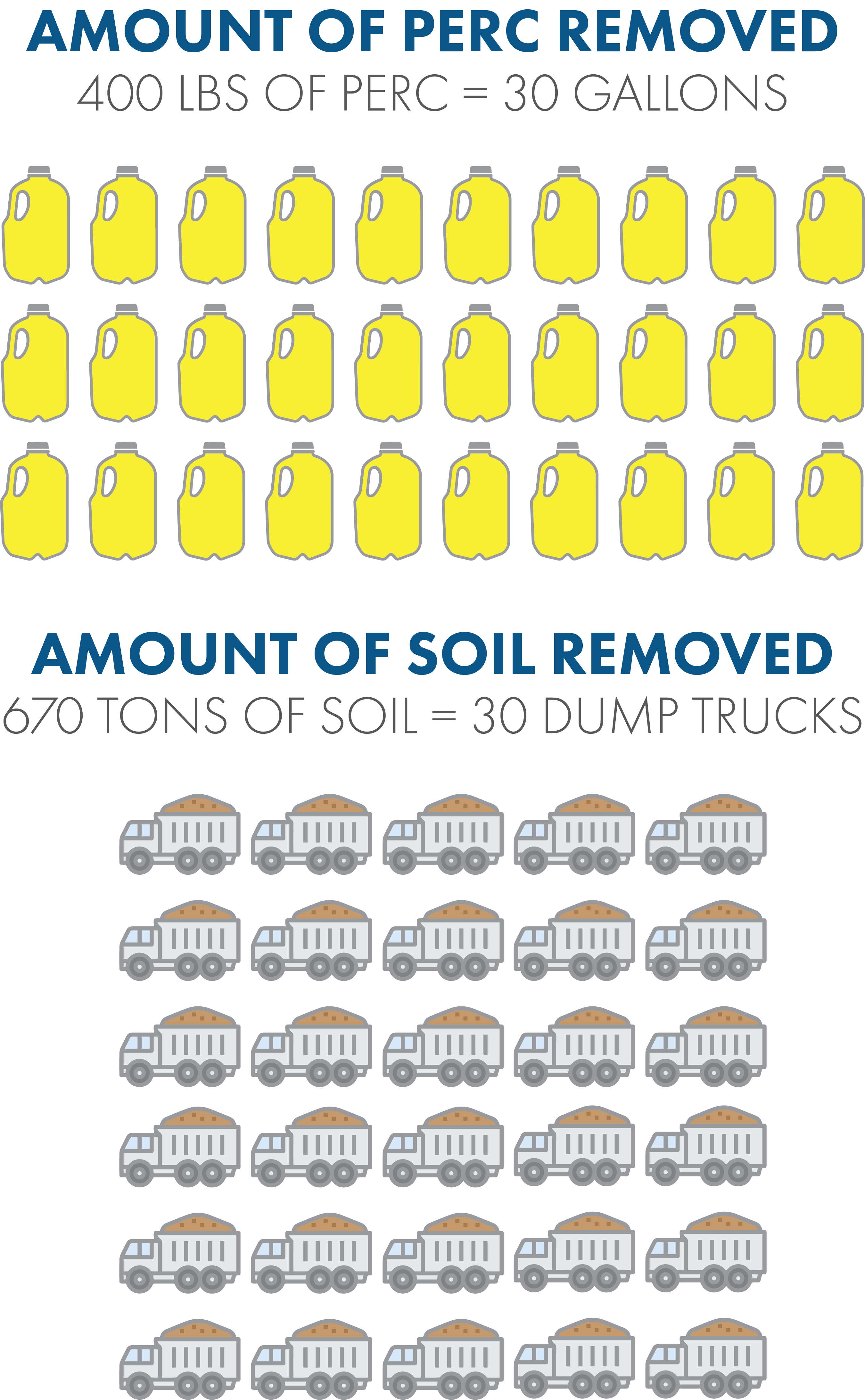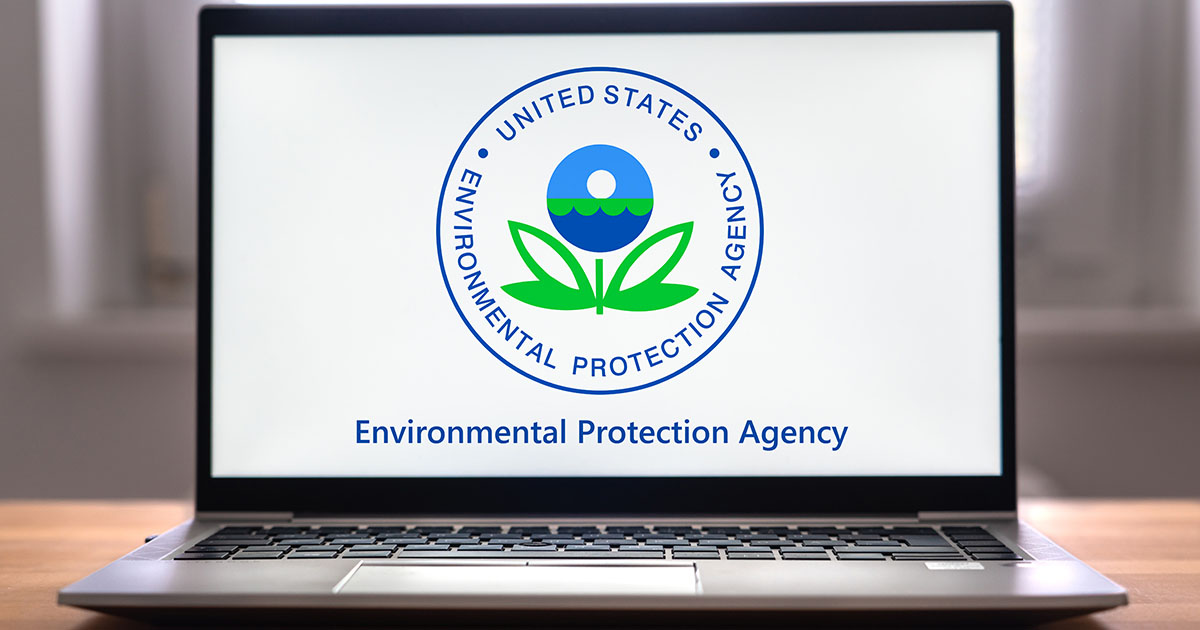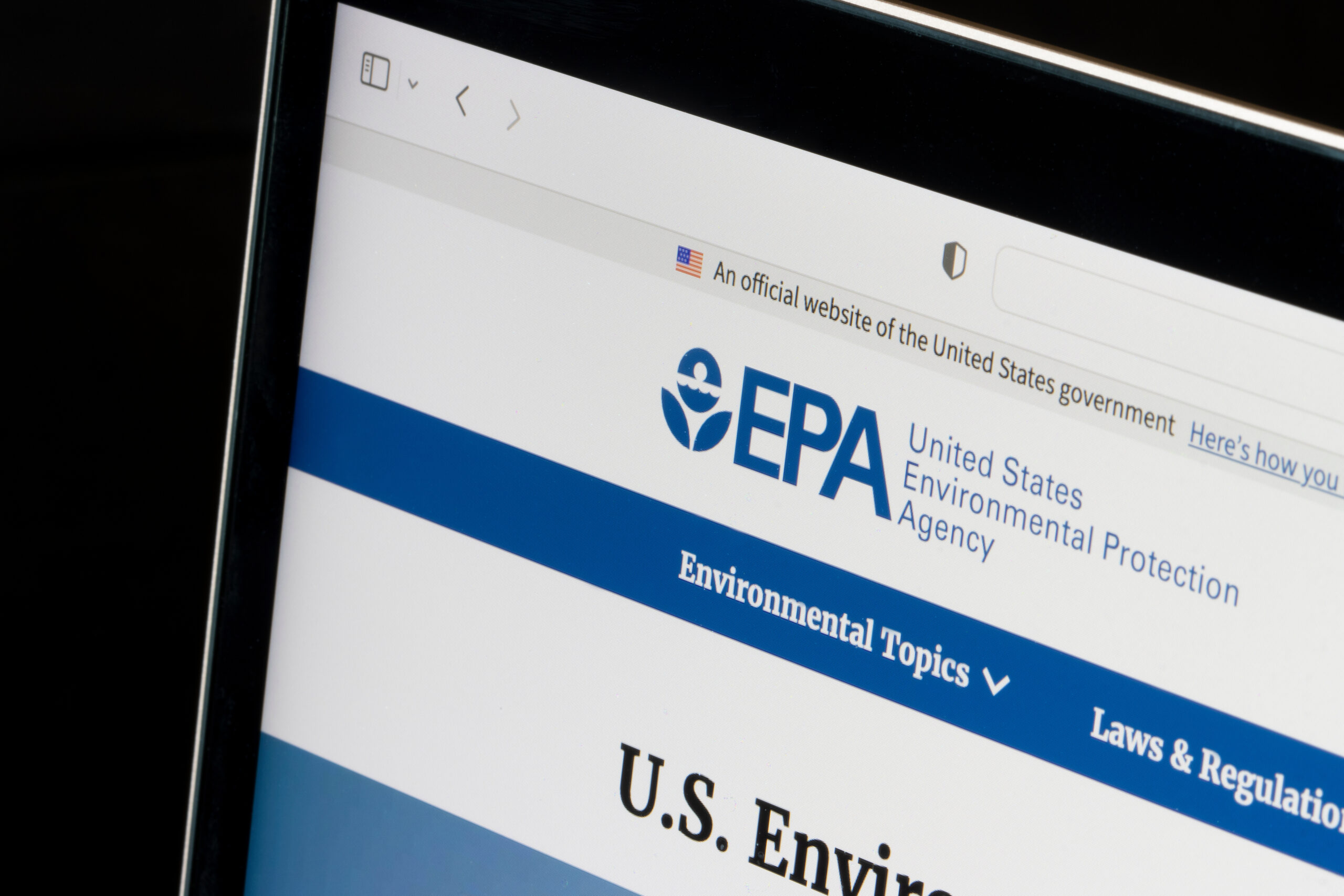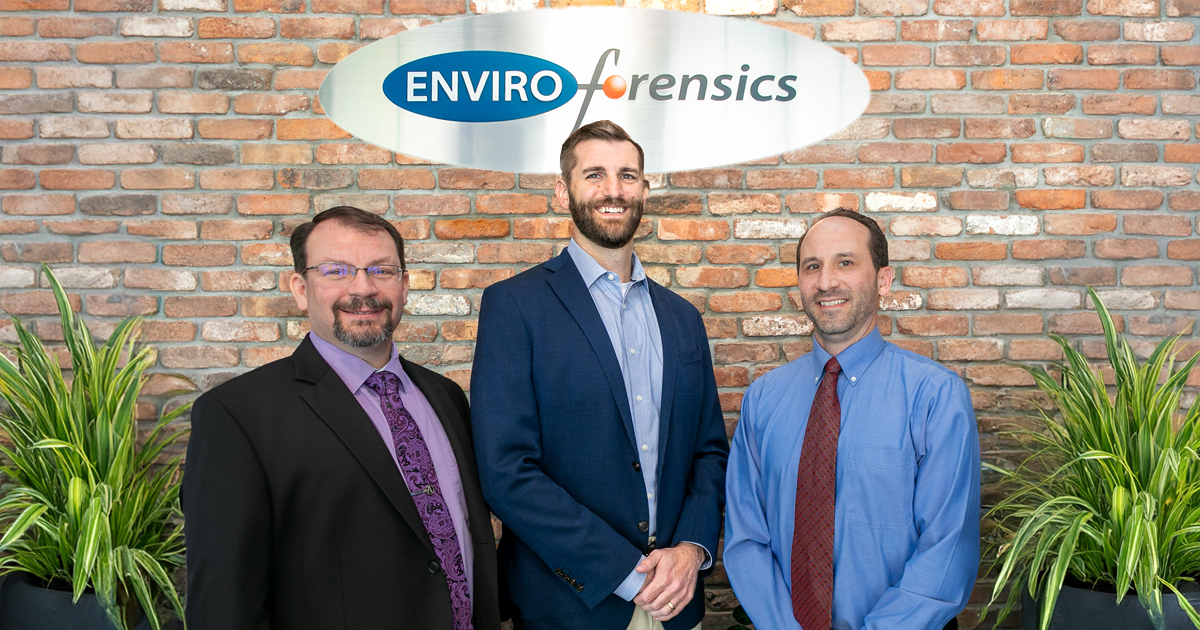Insurance archeology solves funding issues for a dry cleaner who was distressed by the lack of effectiveness of his state’s environmental response fund.
This is the story of a Wisconsin dry cleaner who wanted to retire, but his property was plagued with environmental contamination and funding challenges despite his enrollment in Wisconsin’s Dry Cleaner Environmental Response Fund (DERF). Here’s how he found a way to get his unsellable property clean and ready for redevelopment.
The Discovery of PERC Contamination
The dry cleaner was in operation from 1968-2001 and throughout that time tetrachloroethene (PERC), a dry cleaning chemical, was used to clean its customers’ clothes. PERC became a common dry cleaning chemical in the 1930s and is now less frequently used in dry cleaning operations due to concerns for worker health and the environment.
Engaging the DERF
In 2001, the dry cleaner decided to retire and utilize the Wisconsin DERF so he could sell his business. The fund was contributed to through a license fee and a solvent fee by dry cleaners. Luckily, the dry cleaner owner contributed to the DERF program while in business and was eligible to utilize the funds for his investigation and remediation.
In hopes of selling his dry cleaning business to a buyer, he had to conduct an initial environmental investigation to begin the environmental due diligence process and gain access to his DERF reimbursements.
Working with the State’s Environmental Response Trust Fund
From 2002-2011, the dry cleaner paid for his clean up activities out-of-pocket while waiting for his reimbursements to come through from the DERF program. He contracted an environmental firm to conduct Phase I and Phase II Environmental Site Assessments (ESA), but the environmental firm’s work was constricted to a very slow pace due to the slow payments from DERF.
By 2014, the dry cleaner was well into his retirement and was no longer running his business, but he still needed to clean up the environmental contamination in order to sell the property. After spending roughly $250,000 out-of-pocket for his environmental investigation and remediation work, he had completely run out of personal funds. He could no longer pay for any additional work upfront and he could no longer wait on reimbursements from DERF.
Learn how state-funded environmental cleanups programs are being phased out.
Contacting local dry cleaning association for help
After the frustration the dry cleaner experienced with the DERF program, he contacted the Wisconsin Fabricare Institute (WFI), part of the national Drycleaning and Laundry Institute (DLI), for help on how to get him through this predicament. WFI recommended contacting EnviroForensics and its insurance archeology division, PolicyFind to find alternative funding sources.
Engaging with EnviroForensics
PolicyFind conducted insurance archeology to locate the dry cleaner’s old insurance policies. They evaluated the dry cleaner’s historical commercial general liability (CGL) policies and developed an insurance claim strategy to access funding that could be used to complete the environmental investigation and remediation–so he could finally sell his property.
To recap, in order to solve the dry cleaner’s financial challenges, PolicyFind:
- Conducted Confidential Insurance Archeology® to find the insurance coverage that would pay for the cleanup.
- Tendered the insurance claim with the insurance carrier, which led to the carrier confirming that the insurance would pay for the environmental work.
The switch from using DERF funds to historical insurance coverage to pay for the environmental work allowed the dry cleaner to finally clean up his property, which was a precursor for being able to sell his property.
The environmental investigation and remediation process
Once the insurance archeology funds were secured, EnviroForensics completed the remaining site investigation activities which included soil and groundwater delineation as well as vapor intrusion assessments. The results showed that there was soil contamination, which required additional remediation to gain site closure. Geologists and engineers developed a remediation plan to demolish the building and remove the existing contamination. EnviroForensics conducted a soil excavation and removed approximately 400 pounds of PERC and 670 tons of contaminated soil.

After the remediation, EnviroForensics completed a Phase I ESA to prepare the property for resale and helped the former dry cleaner find an investor to purchase the property, who took on the remaining environmental liability, which included ongoing environmental monitoring.
EnviroForensics helped find a buyer
Since the majority of the environmental work was complete and the CGL insurance policies had enough funding for the ongoing environmental monitoring, the investor felt comfortable working with EnviroForensics to settle the environmental claim and continue cleaning up the property.

A New Life for the Property
The ongoing site work facilitated the sale of the property and future redevelopment plans are underway for potential reuse as a commercial office building.
The former dry cleaner site is nearing the end of its investigation and remediation work. The closure of the site, under the Wisconsin Department of Natural Resources (WDNR), is anticipated after minor investigation follow-up activities and continued environmental monitoring by 2021.
EnviroForensics is the most trusted environmental consultant in the dry cleaning industry. Learn more about our services for dry cleaners.
EnviroForensics® is a full-service environmental consulting firm that has cleaned up more dry cleaning sites than any other firm. We’re the only firm that focuses on finding the money to pay for investigation, cleanup, and legal fees. We restore the value of your property while protecting you from regulatory and legal issues.




